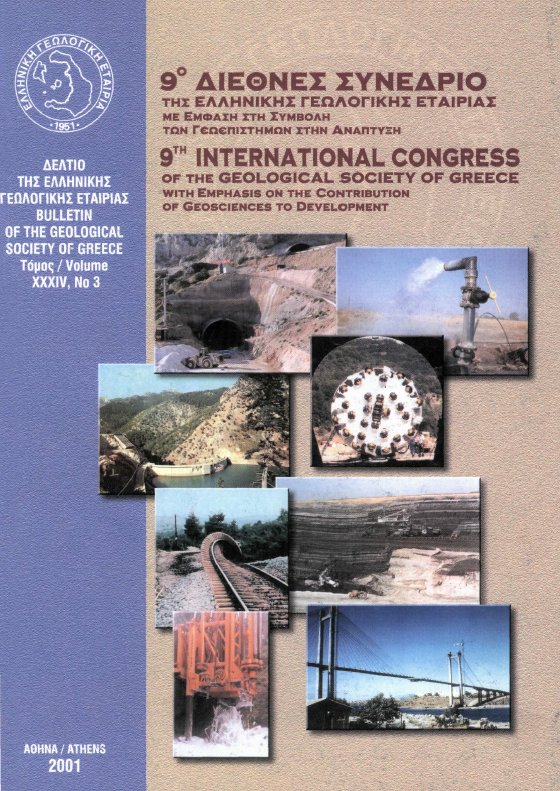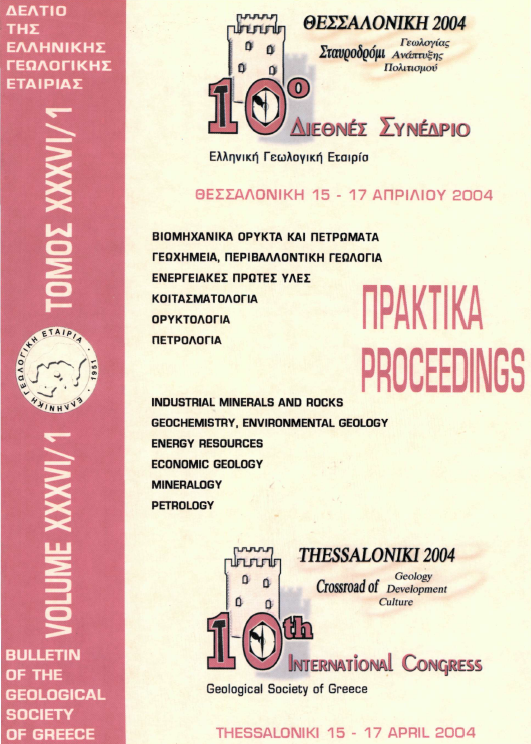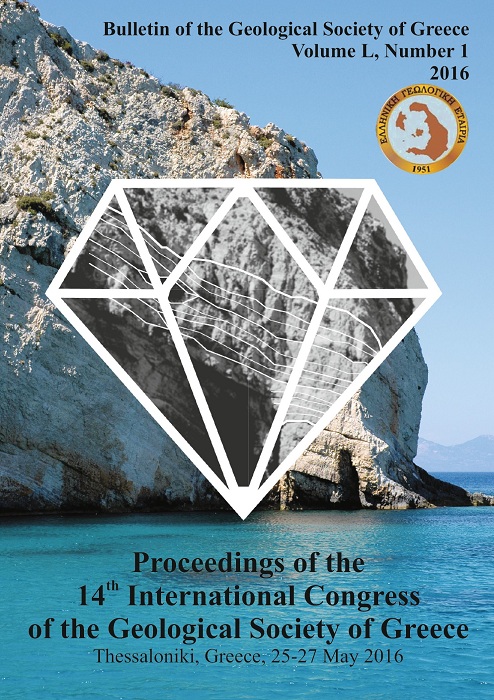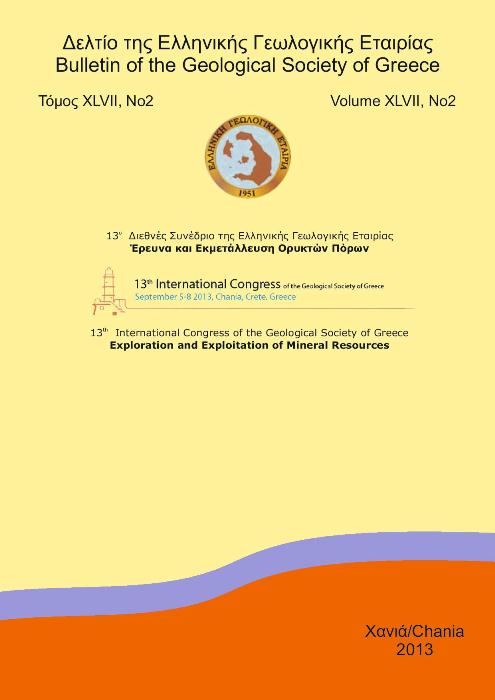THE UTILITY OF OIL SHOWS IN THE HYDROCARBON EXPLORATION OF WESTERN GREECE
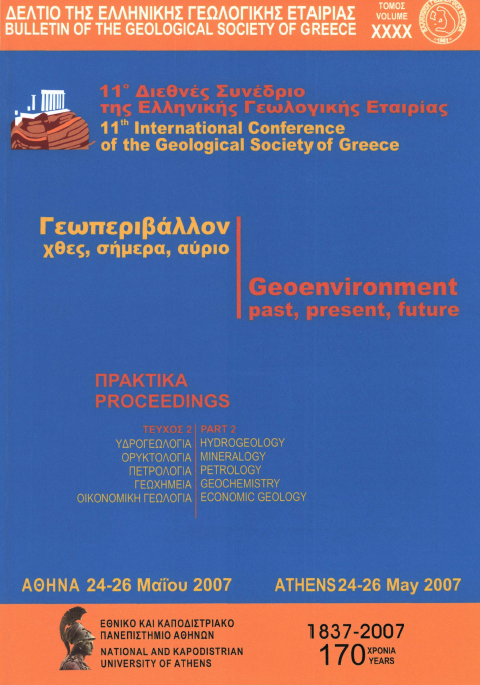
Abstract
A great number of oil shows are known in Western Greece, mainly in the Ionian zone, but also in the Preapulian and Gavrovo zones. Most of the wells drilled in the area have also identified oil shows. The systematic study of these oil shows provides a useful tool for the hydrocarbon exploration of this area. First of all the presence of oil shows indicates that oil generation and migration have certainly taken place. Furthermore by their study the petroleum systems of western Greece can be confirmed. Oil shows were analyzed using chemical methods. Because most surface oil shows are biodegraded, the study was mainly based on carbon isotopes measurements and on characteristic biomarker ratios. The oil shows can be classified into five main groups, based on their different compositions, while two of them are separated in two subgroups. This differentiation proves the presence of different source rock horizons, which have generated these oils.
Article Details
- How to Cite
-
Rigakis, N., Nikolaou, K., Marnelis, F., & Pakos, T. (2007). THE UTILITY OF OIL SHOWS IN THE HYDROCARBON EXPLORATION OF WESTERN GREECE. Bulletin of the Geological Society of Greece, 40(2), 959–971. https://doi.org/10.12681/bgsg.16779
- Section
- Mineralogy-Petrology-Geochemistry-Economic Geology

This work is licensed under a Creative Commons Attribution-NonCommercial 4.0 International License.
Authors who publish with this journal agree to the following terms:
Authors retain copyright and grant the journal right of first publication with the work simultaneously licensed under a Creative Commons Attribution Non-Commercial License that allows others to share the work with an acknowledgement of the work's authorship and initial publication in this journal.
Authors are able to enter into separate, additional contractual arrangements for the non-exclusive distribution of the journal's published version of the work (e.g. post it to an institutional repository or publish it in a book), with an acknowledgement of its initial publication in this journal. Authors are permitted and encouraged to post their work online (preferably in institutional repositories or on their website) prior to and during the submission process, as it can lead to productive exchanges, as well as earlier and greater citation of published work.



